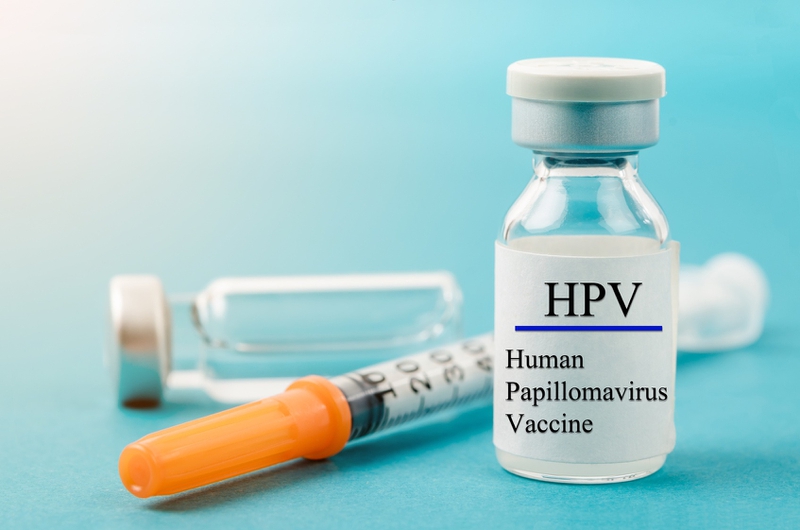HPV vaccine has been recognized as an important measure to prevent diseases related to the HPV virus, but is it necessary to conduct a test before vaccination? In fact, pre-testing is not a mandatory requirement, but there are situations that need to be met to ensure the safety and effectiveness of the HPV vaccination process.
What is the HPV vaccine?
HPV vaccine is a type of vaccine designed to stimulate the body's immune response against the HPV virus and prevent the virus from penetrating and causing disease in humans. HPV virus includes more than 140 related viruses that have been discovered in humans, of which about 40 types of HPV have the ability to cause genital infections and some special types of cancer such as cervical, anal, and cervical cancer. pharynx, penis, vulva and vagina.

Currently, there are two types of HPV vaccines licensed for use to prevent infections caused by HPV viruses, which are Gardasil 9 and Gardasil. Both vaccines have the ability to prevent HPV-related diseases such as cervical, vulvar, vaginal cancer, pre-cancerous lesions and other diseases caused by HPV virus infection. HPV vaccine is recommended for both men and women.
Why should you get the HPV vaccine?
Cervical cancer, oropharyngeal cancer and warts are dangerous diseases caused by the HPV virus. This virus is very contagious and can cause dangerous consequences for those infected.
HPV stands for "Human Papilloma Virus" - a virus that causes papillomas in humans and can cause infections in many parts of the body. In particular, HPV types 16 and 18 cause about 70% of cervical cancer cases, while HPV types 6 and 11 cause about 90% of genital warts. This virus is spread mainly through sexual contact.
Obstetrics and gynecology specialist, BS.CK1 Nguyen Thi Hong Loan from People's Hospital 115 said: HPV often attacks people who often experience stress, have weak resistance, are infected with viruses, having many sexual partners or having sex early... For people with weak immune systems, HPV will have a chance to attack earlier. People infected with HPV often have no symptoms, the virus exists in the body for a long time without causing any symptoms.
The link between HPV and cervical cancer is 7 times stronger than the link between smoking and lung cancer. About 5.2% of all cancers are thought to be caused by HPV. Long-term HPV infection leads to cell changes and development into cervical cancer.
To prevent the consequences of HPV infection, the World Health Organization (WHO) recommends HPV vaccination as an important measure. HPV vaccination requires at least two injections to achieve sufficient protection against cervical cancer. Therefore, if only one injection is given, the protective effect will not be high.












